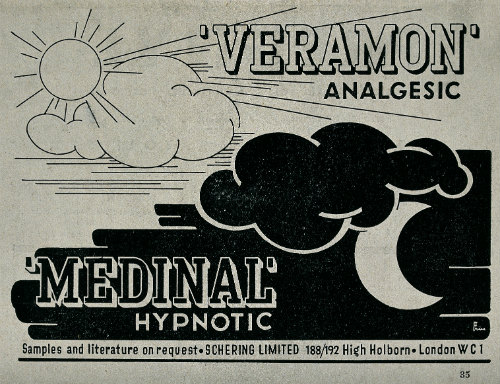Click here for the next report.
San Francisco—Pain management is a major issue for living liver donors following donation. However, half of donors given opioids for post-donation analgesia experience complications related to the analgesics. The Adult-to-Adult Living Donor Liver Transplant Cohort Study (A2ALL) presented at the AASLD Conference here recently found that an opioid-sparing protocol can give equivalent pain relief with fewer side effects.
A multidisciplinary team led by D Ladner, which included experts in safety, pain, transplantation surgery, and anesthesia, developed and tested the protocol in 4 centers, starting in February 2013. A trained nurse reviewed the medical records and root-cause analysis of complications during the donor hospitalization. Dr. Ladner and her colleagues presented the findings in poster 71 at the 2015 annual meeting of the AASLD. Click here to access the full abstract.

The team compared baseline data from 97 donors treated with the previous standard of care, which included opioids, from February 2008 through July 2010 with results from 75 donors who were treated under the new protocol between March 2013 and April 2015.
Complications from opioids experienced by more than 20% of patients included nausea (82%), hypoxia (77%), bradypnea (52%), constipation (49%), hypotension (49%), pruritus (28%), and urinary retention (23%). The new protocol reduced the percentage of patients who experienced these side effects between 43% for bradypnea to 11% for constipation.
Pain scores for patients receiving usual care or the intervention remained the same, while complications from pain including tachypnea, hypertension and tachycardia declined with the opioid-sparing protocol. The team identified no complications associated with the new protocol.
